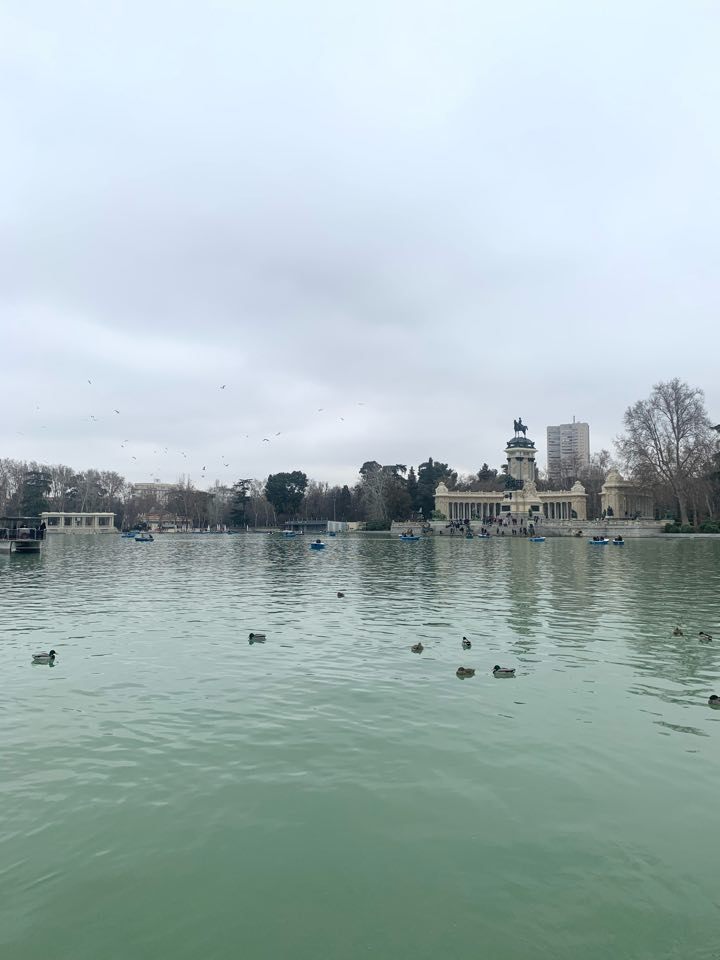Every semester, members of the McGill community travel outside of Canada to study abroad, take part in field research, or engage in other educational opportunities. In an email addressed to students abroad on March 14, McGill Abroad recalled all students currently on exchange due to the ongoing COVID-19 epidemic. The university’s announcement followed the Public Health Agency of Canada’s decision that same day to identify all countries as Level 3 (avoid non-essential travel outside Canada) on the level-of-risk scale, which ranges from Level 1 (practise usual precautions) to Level 4 (avoid all travel).
On March 16, Prime Minister Justin Trudeau announced that Canada would ban entry to all people who are not Canadian citizens or permanent residents as of noon on March 18, prompting McGill to urge all foreign nationals who wish to return to Canada to make travel arrangements immediately in an email on March 16. Furthermore, the Canadian government announced the creation of the COVID-19 Emergency Loan Program for Canadians Abroad, aimed to provide financial assistance in the form of an emergency loan to Canadians needing to purchase airline tickets home.
All McGill students on exchange had to decide whether to go home to their families or remain at their host universities.
Daniel Minden, U2 Arts, was on exchange at Sciences Po in Paris, France when he was recalled by McGill. He returned to his family in Toronto on March 16. In a message to The McGill Tribune, he explained the financial burdens associated with booking flights on such a short notice.
“Since both universities and governments are urging Canadians to get home as soon as possible, flights are extremely expensive,” Minden wrote. “I paid $2,000 for a flight from Paris to Toronto (via Montreal), and I have friends who have paid up to $4,000. It’s an enormous, unexpected sum of money to pay as a student.”
Others have arranged their flights home and will be departing shortly. This is the case for Zoe Babad-Palmer, U3 Arts, who had their exchange in Norway cut short. They booked a flight home to New York this week, which they had to rebook a couple times due to the cancellation of their connecting flight. Babad-Palmer messaged the Tribune about the concerns they had about taking this trip.
“I am very very worried, especially about the wait times,” Babad-Palmer wrote. “I’m worried about extra border controls, if I can reach my connection in time or if it’ll mess up my baggage. Everyone’s seen that photo of people packed in like sardines at Chicago O’Hare[,] and I’m very worried about that[,] because we’re trying to not get sick[,] and being squished in with hundreds of people for hours and hours is not the best way to do that.”
Due to these concerns, some exchange students have chosen to stay at their host universities. Twyla Schran, U2 Arts, is staying in Brisbane, Australia to continue their research at the University of Queensland on the Great Barrier Reef.
“The entire point of coming to Australia in the first place was to get field opportunities that McGill does not provide anymore,” Schran wrote to the Tribune. “If I return home without completing the research, I would most likely have to go abroad [again] later on for the same reasons [….] Overall, it’s literally safer for me to be here than at home, and the fact that McGill wants me to return anyways shows that they care more about their control than the individual situations for each student.”
The recurrent sentiment expressed by exchange students has been disappointment with McGill’s handling of the crisis, pointing to the lack of communication with students abroad specifically.
“Originally I was just gonna wait it out, and then things got worse so I decided to leave,” Babad-Palmer wrote. “That was a decision that my family and I made on our own, not really with anything from McGill. We waited so long to hear anything, […] especially [since] Norway and the UK and the Netherlands were all taking different precautions, and McGill put them all under the same umbrella of ‘wait and see’.”
Meanwhile, some exchange students have found McGill’s response more proactive than their own host university, as Emma Ayache, U3 Management, told the Tribune.
“I think that they sent a lot of emails and are very responsive to the ones I sent,” Ayache said. “[…] I know that I am back home but that’s not going to be a problem and I’m going to be able to finish my semester, and I regularly talk with my advisor who’s very responsive. So, I think that McGill is really doing a good job, especially when I compare it to my university in Spain that barely gives any news.”








